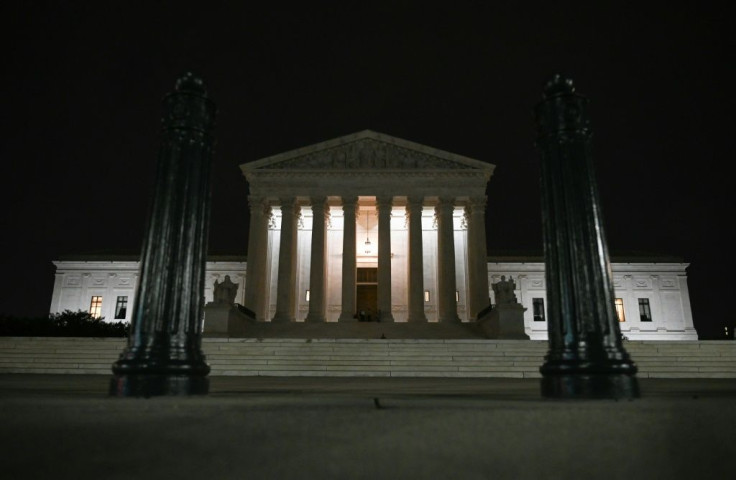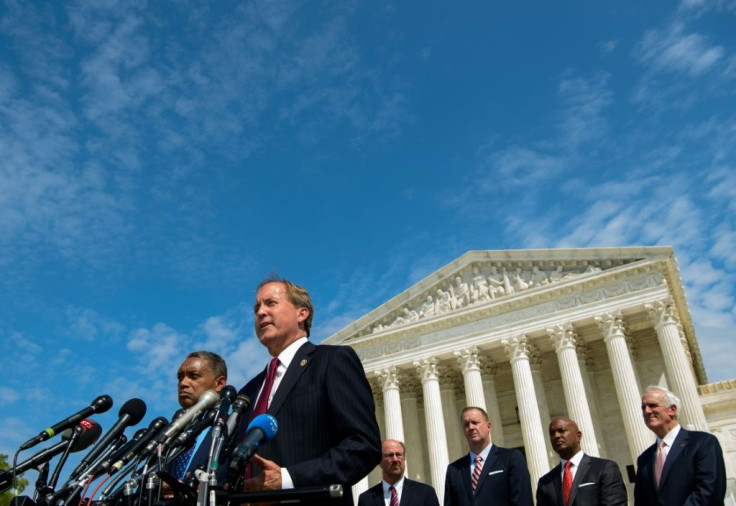Supreme Court Enforces New Trump Rule Denying Immigrants Asylum In US

The Supreme Court on Wednesday ruled in favor of the tough new Trump administration policy announced July that bans most Central American immigrants from seeking asylum in the United States.
The ruling means the administration can now refuse to consider a request for asylum from anyone failing to apply for it in another country, such as Mexico, after leaving home but before coming to the U.S. The order means migrants from Honduras, Guatemala and El Salvador can’t seek asylum in the U.S. if they didn't first ask for it in Mexico.
It’s known migrants from Central America are unlikely to be granted asylum by Mexico or another country on the road to the U.S. southern border.
The Supreme Court ruling is temporary but negates an earlier ruling by the 9th U.S. Circuit Court of Appeals in late July. It also does away with decades of previously imposed policy. The ruling does, however, leave the administration free to impose this new policy everywhere while a case against it is working its way through the lower courts continues.
The Supreme Court’s order temporarily nullifies a ruling by U.S. District Judge Jon Tigar of the 9th U.S. Circuit Court of Appeals in San Francisco blocking the new policy from taking effect. Tigar’s ruling forbade Trump’s new asylum policy in some states along the southern border.
A three-judge panel of the 9th Circuit later restricted Tigar’s order to apply only to Arizona and California, which are within the jurisdiction of the 9th Circuit. This amendment gave the administration the authority to enforce the policy on asylum seekers arriving in New Mexico and Texas.
On Monday, Tigar issued a new order reimposing a nationwide hold on asylum policy. The 9th Circuit narrowed his order Tuesday with the Supreme Court decision following on Wednesday.
Justices Ruth Bader Ginsburg and Sonia Sotomayor, both staunch liberals, dissented from the high-court’s order.
“Once again, the Executive Branch has issued a rule that seeks to upend longstanding practices regarding refugees who seek shelter from persecution,” wrote Sotomayor in her dissent.
She also said, “The rule the government promulgated topples decades of settled asylum practices and affects some of the most vulnerable people in the Western Hemisphere -- without affording the public a chance to weigh in.”
It’s been documented that most of the people crossing the southern U.S. border are Central Americans fleeing violence and poverty in their home countries. They are now largely ineligible from entering the U.S. under the new rule, as are asylum seekers.
Critics of the new administration policy, such as the American Civil Liberties Union (ACLU), continue to claim this one is even more restrictive than the first.
The Supreme Court’s order is "just a temporary step,” according to Lee Gelernt, deputy director of the ACLU's Immigrants' Rights Project.
"We’re hopeful we’ll prevail at the end of the day," said Gelernt. "The lives of thousands of families are at stake."

© Copyright IBTimes 2024. All rights reserved.





















